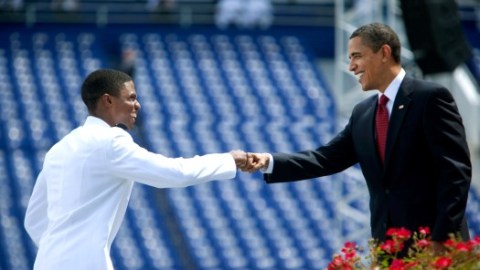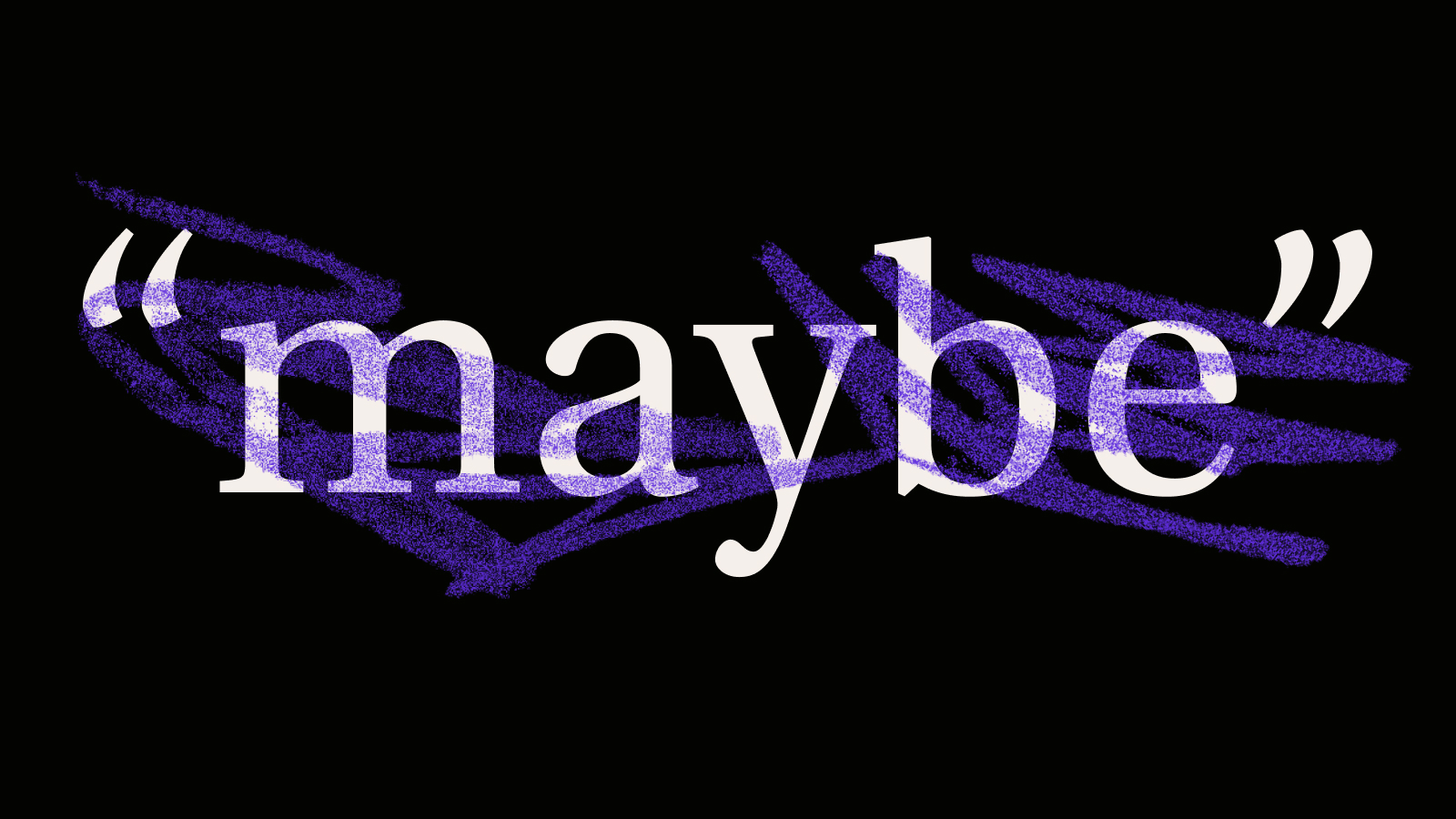Mental Health vs. Physical Health and the Evolution of the Handshake

It’s an organic cultural progression that has mostly gone overlooked. Whether it’s the respectful bow in Asia, the formal cheek kiss in Europe or the casual fist bump in North America, each culture has developed a series of interactive gestures that allow us to greet one another in a particular social setting. But as these greetings have evolved, people are suddenly forced to make split-second decisions that go beyond “how much do I really like this person?”
While the world of sports has introduced us to everything from the high-five to the chest-bump, scientists are now discovering the inherent benefits of these gestures to our mental health. In fact, recent research has shown how the physical contact of these exchanges can express a greater variety of emotions than simple gestures. In his research, psychologist Dacher Keltner (whose faculty web page shows him shaking hands with the Dalai Lama) has outlined a variety of ways in which this physical interaction can work wonders when it comes to people’s mental well-being. In a study of NBA teams, Keltner’s Berkeley colleague, Michael W. Kraus, even found that touchier teams generally did better.
There are other benefits to these gestures. A firm handshake has been cited as key to landing a good job. That traditional handshake has even been discovered as a means of communication among chimps.
But there is a problem. The mental health benefits of these exchanges could be coming at the expense of our physical health. In the age of bird and swine flu, medical experts have discouraged people from engaging in most of these gestures. Some experts have encouraged the fist bump as a way of curbing the transmission of these diseases. Other have mentioned the more intimate peck on the cheek. But as the fear of disease has popularized alternative physical exchanges, with gameshow host/ germaphobe Howie Mandel serving as a celebrity spokesperson, this once-simple institution has run amok.
Popularized by the Obamas, the fist bump has fallen out of favor, drawing scorn for being both too informal and even a “terrorist fist-jab.” Even medical experts have abandoned the fist bump, instead deferring to the elbow bump, a bizarre alternative that was narrowly edged out by “carbon neutral” as the 2006 word of the year. In recent years, high school graduation ceremonies have abandoned hand shakes, as have individuals crossing the Mexico-US border. But do we really want to start using something as ridiculous as an elbow bump? Or do we really have to choose between mental and physical well being the next time we try to extend our hand? Personally, we’ve always been big friends of the bro hug.




